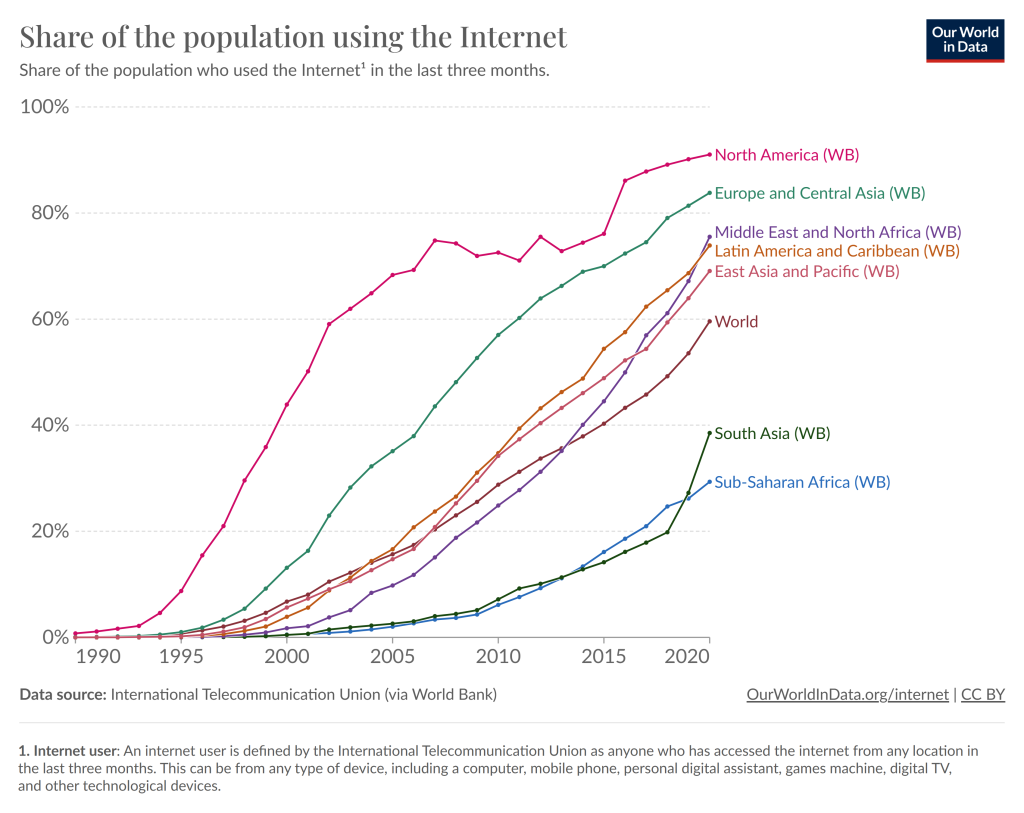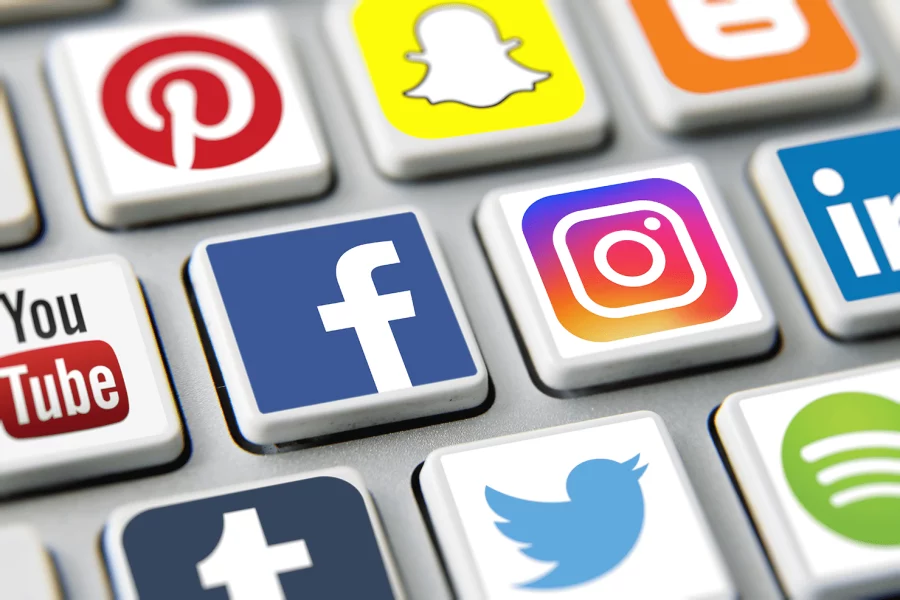With the development of society, more and more people express themselves on the Internet.

Erving Goffman once argued that everyone has their own “mask”[1]. In other words, people will try to show a better side of themselves in different situations to achieve some goals, such as making more people have a good impression on themselves or getting to know more people in a short time.
For social media, people can be represented through language, appearance and sharing their lives. Compared with face-to-face communication, it is easier and faster to get to know each other, and people can change the way they present themselves and choose their own “second life”. I’m writing this blog to analyze the pros and cons of identity building on the web.
Reject the “sad” and “inspirational” labels—–“The Internet gives people with disabilities the freedom to express themselves”
For too long, the stories of people with disabilities have been told by third parties, through the eyes of able-bodied people, and ‘miserable’ and ‘inspirational’ have become the labels of people with disabilities. Through the Internet, this group has gained a right, or a autonomy of expression, and all of their expression and videos are presented through themselves, not through any ‘others’, which I find very precious.

Kunkuna, a video blogger on China’s Tiktok, has been confined to a wheelchair for the rest of her life. But she did not give up, she began to love singing, began to try to publish their singing videos on the Internet and can get some income through live broadcasting. She shows her love of life on the Internet, which is also her virtual identity, because it is difficult to deny that disabled people will also have some difficulties in life that able-bodied people will not encounter. But through this virtual identity, perhaps we can better understand their lives, and it is also a way for them to rebuild their confidence.
With the increasing number of Internet users around the world, online fraud has gradually entered the public eye.

As can be seen from the chart, more and more people are using the Internet.[2]

The “fake Dongjin” incident in China in 2021 shocked many people, with online scammers posing as Chinese star Dongjin to swindle money in the name of love. They take advantage of China’s elderly population’s lack of awareness of fake information on the Internet to defraud them of their pensions. For scammers, they can rely on virtual identities to make money, and as the number of scammers increases, the police investigation becomes more difficult.
In general, virtual identities give a lot of people a chance to promote themselves, but also an opportunity for illegal activities. Such a thing could have been avoided if Internet citizens had been more vigilant and better managed.
reference
[1] Goffman, E.ļ¼1990ļ¼The presentation of self in everyday life. London: Penguin.
[2]@article{owidinternet,
author = {Hannah Ritchie and Edouard Mathieu and Max Roser and Esteban Ortiz-Ospina},
title = {Internet},
journal = {Our World in Data},
year = {2023},
note = {https://ourworldindata.org/internet}
}


I appreciate the pros and cons as explained in your post, and I think the point about how people with disabilities can change their perceptions of themselves and the internet is novel, and it’s a great example. In the real world she has limited mobility due to her disability, which prevents her from fitting into some circles. But on the internet she can do exactly the same as a normal person to express her opinion or show everyone her hobbies and specialities, no one will ignore her speech on the internet because of her disability. Instead, it sends a lot of positive energy to the society, so that people will be more optimistic about life and do what they want to do after seeing her videos.
Nice job! I think you are right. In the current era of the Internet, a lot of information has become difficult to distinguish, and many underage and middle-aged and elderly people are unable to distinguish between the truth and falsehood of some information. Just like in the first half of this year in China, many people believed in a short video about oseltamivir being a panacea for treating colds and flu. At that time, oseltamivir was seized by many citizens, However, it was ultimately clarified that oseltamivir is not suitable for treating ordinary influenza. Situations like this are common, and the consequences of promoting false information are often more serious than imagined.
In a way, the Internet is a more equal society because people with different identities and personalities have the opportunity to participate in the Internet, express their opinions and share their lives. But these multiple identities lead to a lot of things that can’t be controlled. Fraud also relies on this platform where unscrupulous people can construct their online identities, and for Internet users, I think we should increase our vigilance so that we can get rid of the deception.
I like the way you give a spotlight to disabled people and especially a disabled person who tells their own stories of their disability on tiktok who is from China. In the UK @blindtobes is a blind English social media creator who is slowly growing online by telling his story himself so it’s good to hear that there are creators from China who do the same.
Thanks Abbieļ¼
I think you have used a good example to explore some of the strengths and cons of having a virtual identity. Whilst there are some clear articulated benefits like being able to amplify communities like these the disabilities it is also clear that there is a dangerous overlap between social media and social reality that we should me more aware of.
I agree with you, there are a lot of people who are now able to campaign on personal shaping through the internet and there are a lot of disabled people who get help and support on social media. But there will be a phenomenon: illegal profit making on the internet by cheating others out of their love. The construction of identity on the Internet is still somewhat virtual.